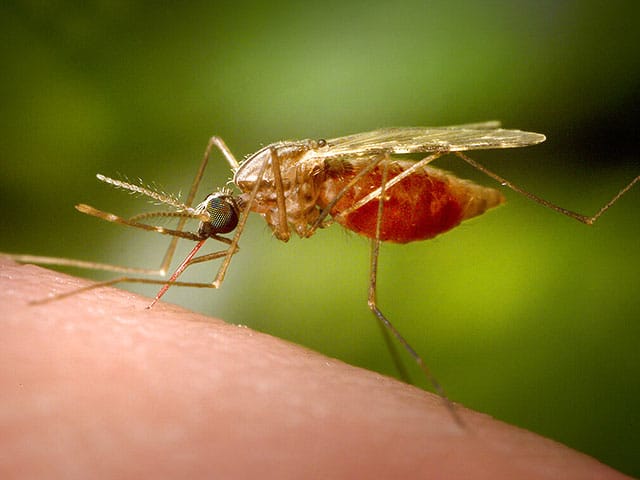The Health Ministry reports 81 people have been diagnosed with West Nile fever. Among them, 64 patients are hospitalized, with six on ventilators. A total of seven people diagnosed with the virus have died this season.
Most cases have been reported in central Israel. West Nile fever, caused by the bite of an infected mosquito, is not transmitted from person to person. Approximately 80% of those infected are asymptomatic, while 20% experience symptoms ranging from fever and malaise to headaches and body aches. Neurological complications occur in less than 1% of cases, with the highest risk among older and immunocompromised people.
Both the Ecology Ministry and the Health Ministry have issued guidelines to reduce the risk of infection, including cleaning public sewers and draining sources of standing water that breed mosquitoes.
Residents are advised to remove, cover, or turn over containers that collect water, such as old tires, buckets, or barrels. It's important to prevent water from stagnating in flower pots and change water daily in vases and pet bowls. Home pools should be covered, gutters cleared, and standing water should be eliminated from unused items.
To prevent mosquito bites, use insect repellents, install mosquito-deterrent accessories in rooms, wear long, light-colored clothing, and use fans indoors and outdoors. It is also recommended to install insect screens on windows and doors.
The Ecology Ministry urges residents to report mosquito breeding hazards, including sewage leaks and standing water, to local authorities.















